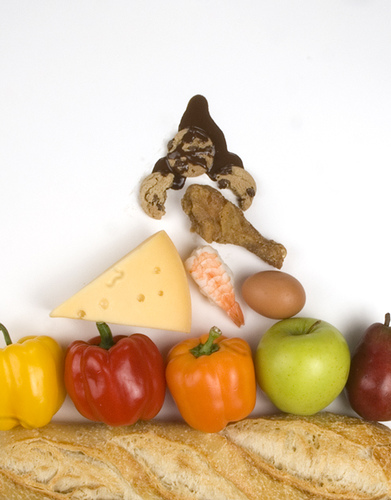If you care about eating healthy food, you are probably already hard at work to build a better food supply for yourself. You already know that raising food in our cities will be increasingly important. Yet getting political support for this requires making a convincing case, and this means having compelling numbers. The federal Census of Agriculture mainly covers rural areas. How can you encourage the government to collect more data that will help the cause?
The Census of Agriculture is now looking for input on data they should collect in the next census. They want your ideas by Friday, August 28. This is a great time to offer your suggestions.
For years, the Census has focused on farmers — the crops and livestock they grow, and the farms they work. It has not really measured whether the foods consumers eat are produced close to their homes or not. With the emergence of the community-based food movement, the Census will need to devote more attention to food.
For my work studying local food economies, I work with data a great deal. So I have prepared a set of recommendations for the Census. I’d like your feedback on these. You can find my ideas here. You can certainly write comments here, as a response to this post, but you can also write the Census of Agriculture directly and make your own suggestions.
You can post your own comments directly to the USDA web site.
My proposal calls for lots of new data to be compiled. We can no longer limit ourselves to reporting simply on commodities. We need to create entire food systems that are localized, and that build health, wealth, connections and capacities in our communities.
As it is, only 0.4% of the $300 billion of products farmers sell are sold directly to consumers. American consumers need $1 trillion of food each year. That gives us an enormous potential market for local foods. I welcome your thoughts on how we collect the right data to help move us toward vibrant community based food systems.




